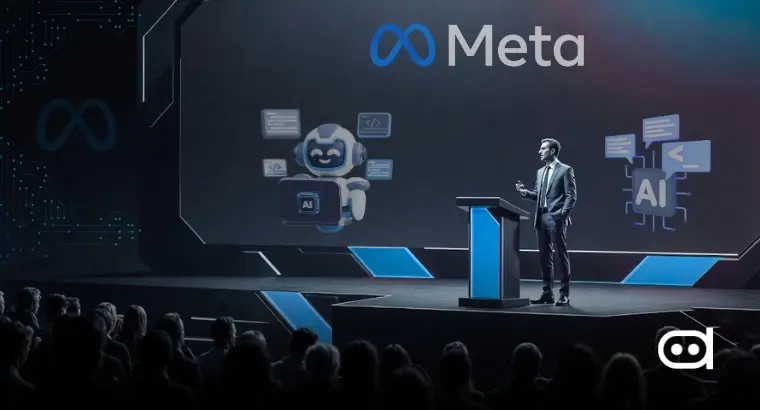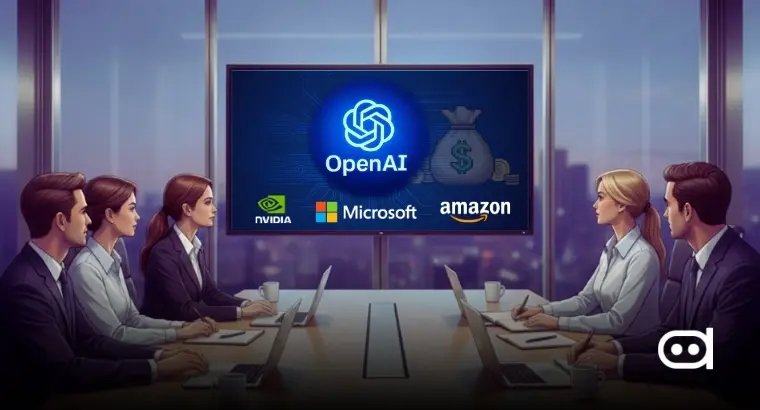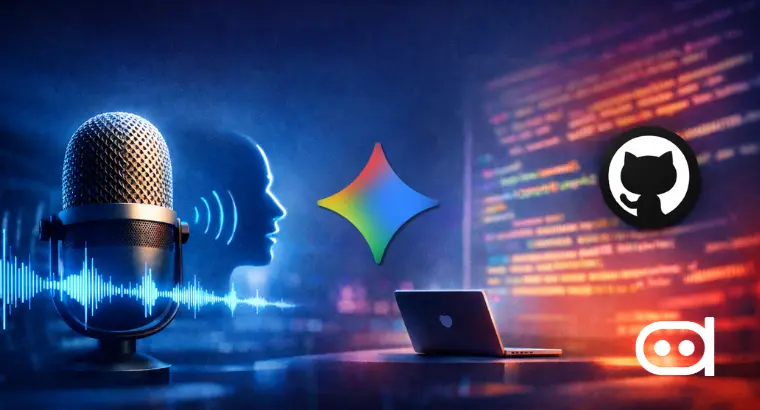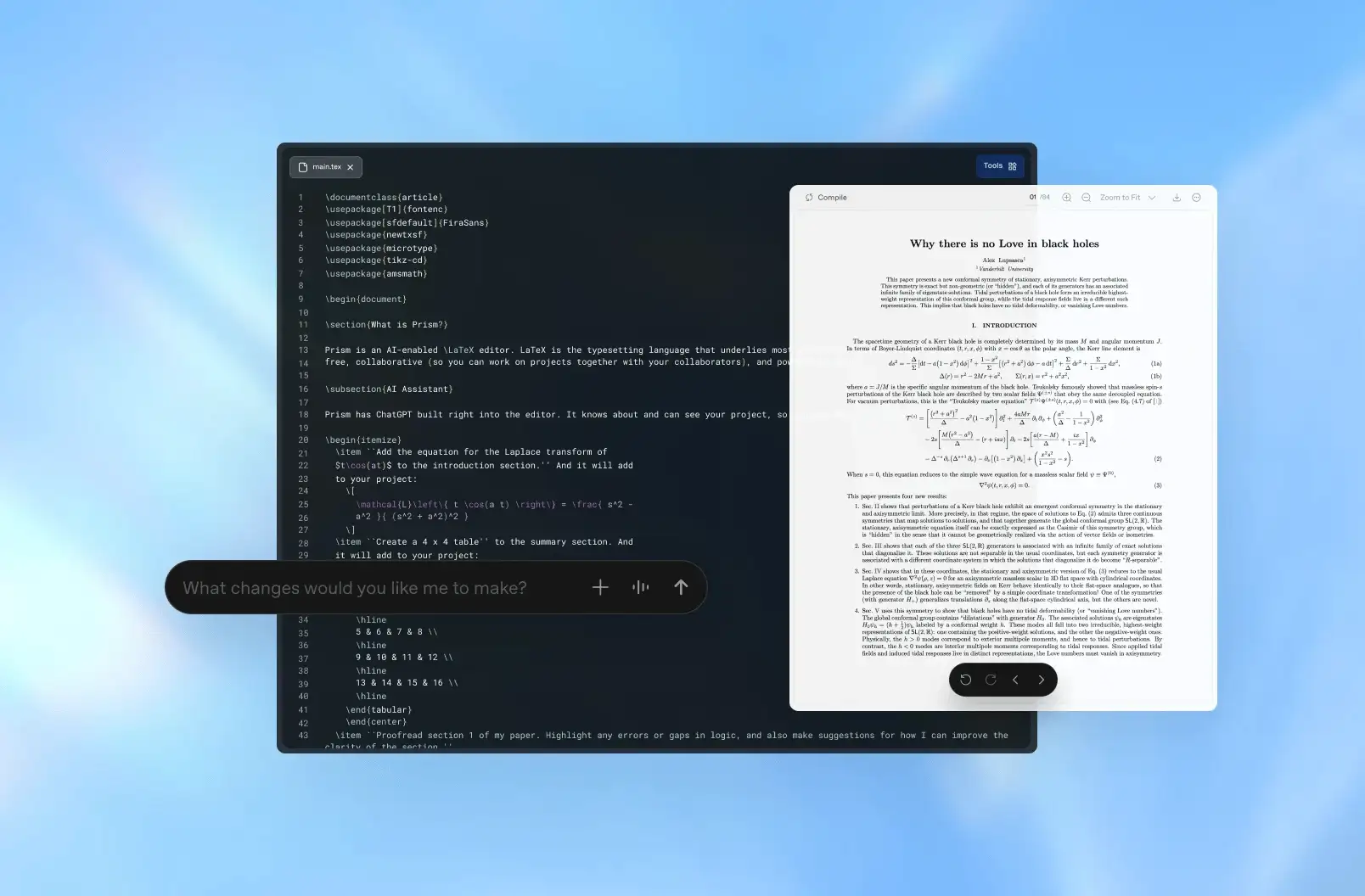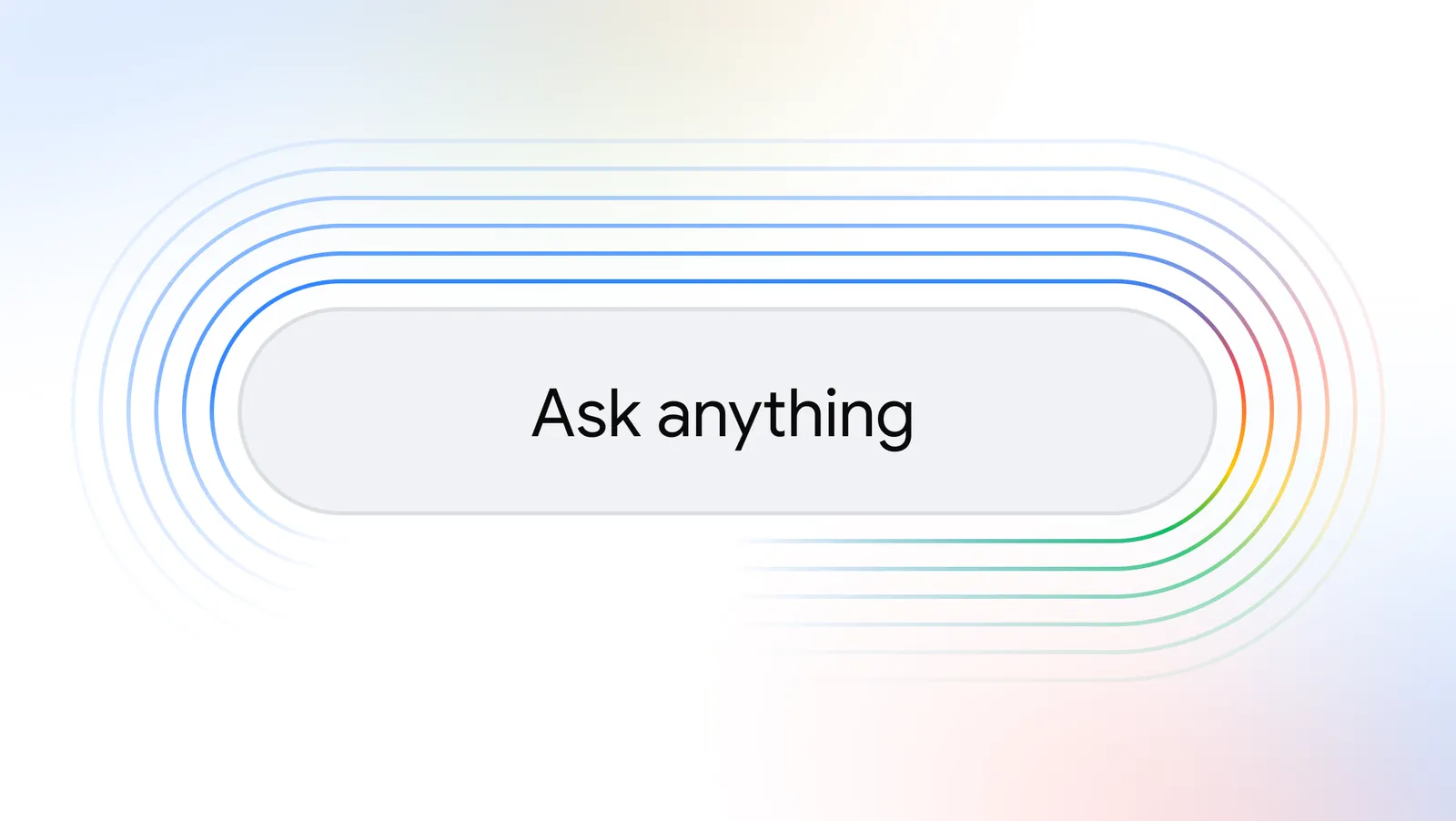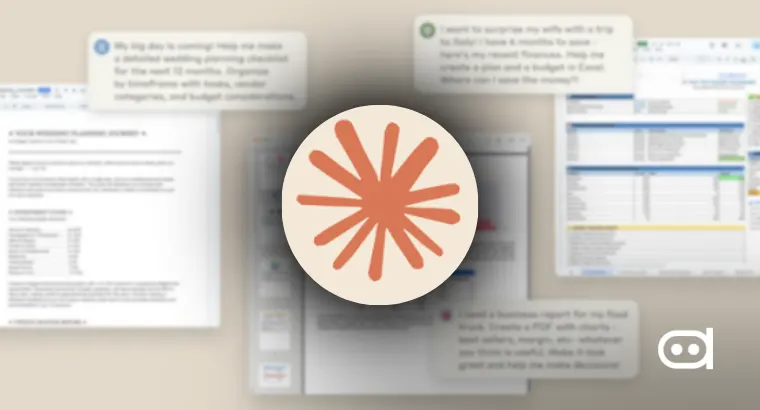
Key Highlights –
- Anthropic launched new update to Claude, letting it create and work on files.
- These include – spreadsheets, word documents, powerpoint presentations and PDFs.
- The company also warns users that using this feature “may put your data at risk.”
Anthropic’s prodigy AI model, Claude has just received a new update on Tuesday, now enabling users to talk their way into creating, editing and working upon documents, spreadsheets, and more. Known for AI safety and research, the company took to its blog to share details about the new feature. Available as a preview for Max, Team, and Enterprise plan users, the File Creation feature will also roll out for Pro users in the coming weeks.
Claude can now create and edit files.
— Claude (@claudeai) September 9, 2025
Turn conversations into Excel spreadsheets, documents, PowerPoint slide decks, and PDFs directly. pic.twitter.com/F3yOiNMasU
Here’s a closer look at how it works, steps to use it, use cases and more!
How to Create/Work on Files with Claude –
For those of you looking to get started on creating files on Claude, log in to your account –
- Then, head to Settings > Features > Experimental and locate “Upgraded file creation and analysis” to enable it.
- Next, upload all relevant files and describe what you need Claude to do.
- Wrap up by adding any more details, or specific guidelines for the AI, then hit ‘Enter.’
- Lastly, download the files or save directly to Google Drive.
How It Really Works
Over the year, Anthropic has upgraded Claude to move beyond from just answering questions, all the way to completing entire projects. The company also recently launched its Claude for Chrome extension, which allowed the AI to take control of the browser and act as an agent to complete tasks autonomously.
Adding to the momentum, this new update lets Claude access to a “private computer environment” or a sandbox where the AI can write code and run programs to analyse and produce the files as user needs.
Use Cases & ‘Warning’ for the feature
Claude can prove to be useful in several examples – say if you want the AI to create files just from your instructions, or work using uploaded data, it works fine. Few examples of using it are:
- Give Claude raw data and get polished outputs with cleaned data, statistical analysis, charts, and insights explaining what matters.
- Describe Claude what you need, be it financial models with scenario analysis, project trackers with automated dashboards, or budget templates with variance calculations.
- Try uploading a PDF report and ask for PowerPoint slides. Or maybe share meeting notes and get a structured formatted document. You could also try uploading invoices and get organized spreadsheets with calculations.
However, the new update also comes with a clear warning – monitor your chats closely as your data may be at risk. Anthropic shared –
This feature gives Claude Internet access to create and analyse files, which may put your data at risk. Monitor chats closely when using this feature.
Since the new feature requires Claude to access a sandbox environment, it downloads packages and run codes to create files. Although no such threat has been found in its testing, the company shared that theoretically, data leak could be possible and hence the warning.
Lashing out at company’s laxed approach, a user satirically commented –
Make sure to push the stop button if you are watching it steal all of your credit cards, trade secrets, and highly confidential customer information.
Will do, buddy.
Claude Can Now Read Websites
In its latest tweet, Anthropic shared another update for Claude on Wednesday. The AI tool would get ‘Web Fetch Tool,’ letting users “retrieve full content from specified web pages and PDF documents.”
New on our API: web fetch.
— Claude (@claudeai) September 10, 2025
Add the web fetch tool to your requests and Claude will fetch and analyze content from any webpage URL—no additional infrastructure needed. pic.twitter.com/g5ZFjK6Zvf
Claude’s Web Fetch Tool is currently in beta and in order to enable it, users would be required to use the beta header web-fetch-2025-09-10 in their API requests. Lastly, Anthropic yet again warned users to not use this feature on sensitive pages/PDFs.


